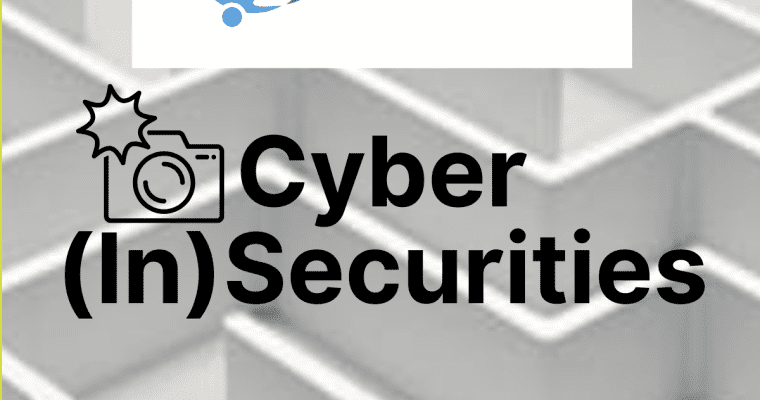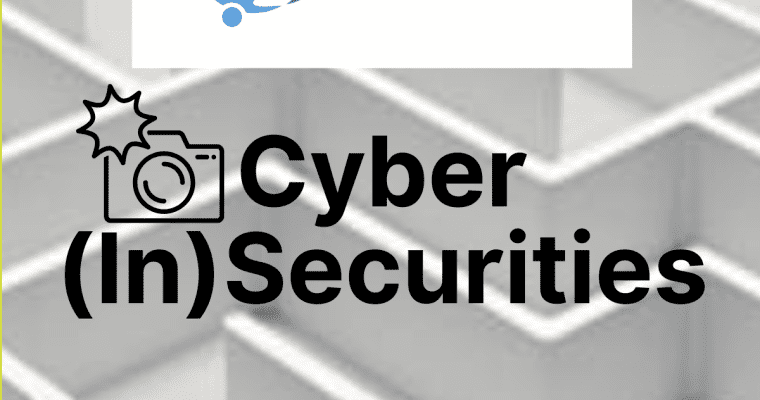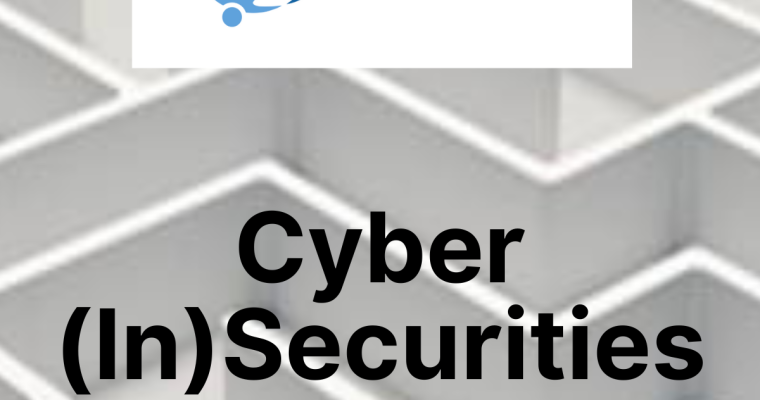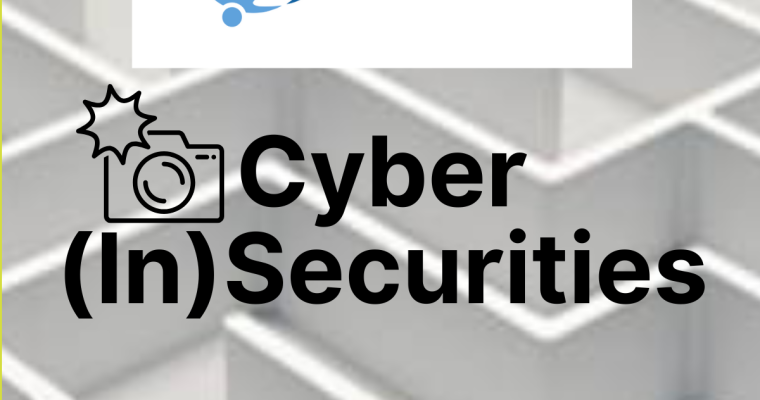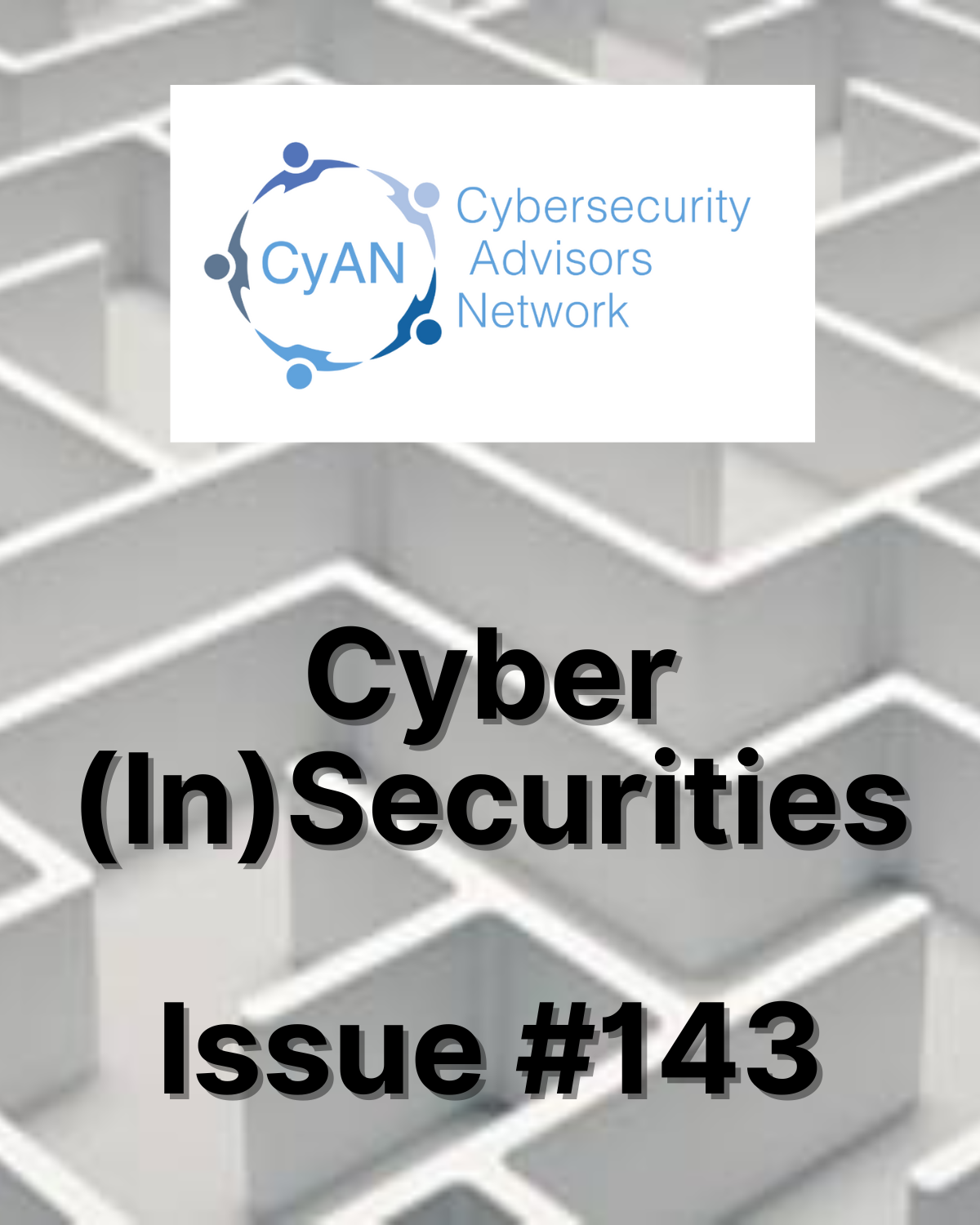“What happens to Heroes?” 🎬 Episode 10 – When it all falls apart, some stand up for others by Didier Annet
What becomes of heroes? In episode 10, when everything is upside down, some individuals must remain steadfast The CISO, that “savior, responsible and guilty” Hero!!!! Who are the Heroes ? In this tenth installment, we delve into the rapid transformation that occurs when ordinary employees suddenly …


